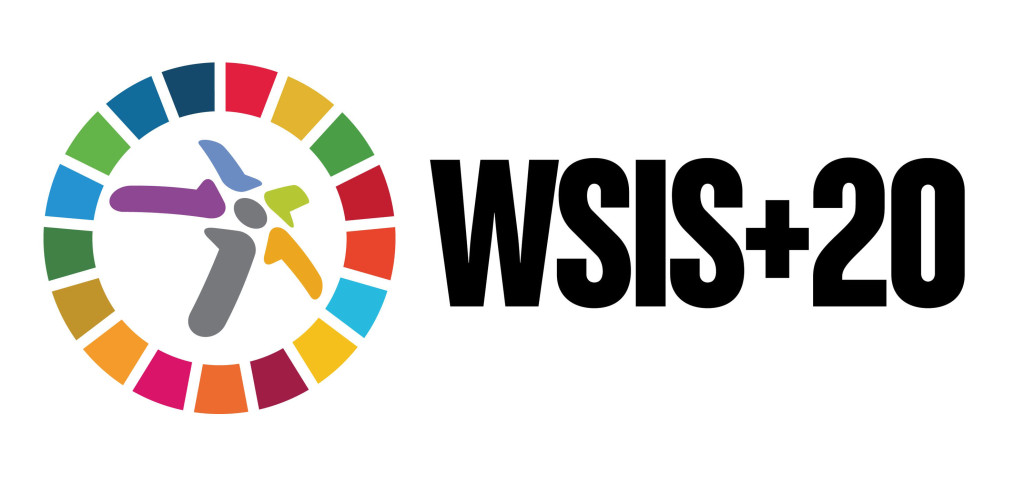The International Labour Organization input to Revision 1 of the WSIS+20 Outcome Document
The International Labour Organization has submitted its response to Revision 1 of the WSIS+20 Outcome Document, urging member states to embed decent work, labour protections and inclusive digital development throughout the negotiations. The ILO highlights the profound impact of digitalisation on jobs and working conditions, calling for stronger commitments to digital skills, fair labour standards, social protection, and governance frameworks that ensure AI and automation complement rather than displace workers.

The International Labour Organization has provided detailed input to Revision 1 of the WSIS+20 Outcome Document, emphasising that the next phase of WSIS implementation must fully address how digitalisation reshapes labour markets, working conditions and social protections. The submission underscores that digital transformation is not only a technological transition but a socioeconomic one, with significant consequences for employment, labour rights and inequality. It welcomes the revised text’s stronger grounding in the WSIS vision, human-rights commitments and digital-inclusion language, while calling for clearer integration of labour priorities across the document.
A central theme of the ILO’s input is the dual nature of digitalisation: enabling new economic opportunities while creating risks for workers. Automation, AI systems, digital labour platforms and algorithmic management are transforming workplaces in ways that can reduce decent work if governance frameworks do not evolve. The ILO warns that women, young people, workers with disabilities and those in informal economies are particularly exposed to widening inequalities unless digital policies explicitly address structural barriers. It argues that emerging technologies must be designed and deployed to augment human labour, not undermine it, and that workplace rights, fair conditions and adequate social protections must be integrated into digital-policy frameworks.
The submission places strong emphasis on digital capabilities, calling digital skills a prerequisite for both employability and meaningful participation in the information society. It supports expanded public-sector training, capacity-building programmes for policymakers, judges and regulators, and gender-responsive education initiatives. Recognising the uneven global distribution of digital capacities, the ILO stresses the importance of international cooperation, financing mechanisms and technology transfer to ensure developing countries can adopt and benefit from digital systems.
On governance, the ILO supports maintaining human rights at the core of WSIS+20, including protections for privacy, freedom of association, non-discrimination and safe civic space. It highlights growing concerns about workplace surveillance, algorithmic decision-making in hiring and management, and the need for transparency and accountability throughout the AI and data-governance lifecycle. In addition, the organisation calls for stronger alignment between WSIS+20, the Global Digital Compact and the 2030 Agenda so that digital transformation contributes meaningfully to poverty reduction, quality employment and social protection.
The ILO concludes by urging negotiators to strengthen labour-related commitments in the final text of the WSIS+20 Outcome Document. It argues that digital development must not only extend connectivity but also deliver decent work, equity and social justice. As digitalisation continues to reshape global economies, the organisation positions WSIS+20 as a critical opportunity to embed fair, inclusive and worker-centred approaches into the governance of the digital age.


